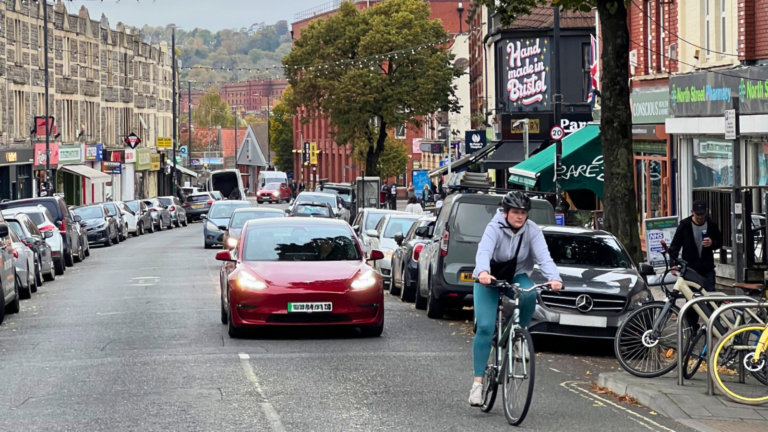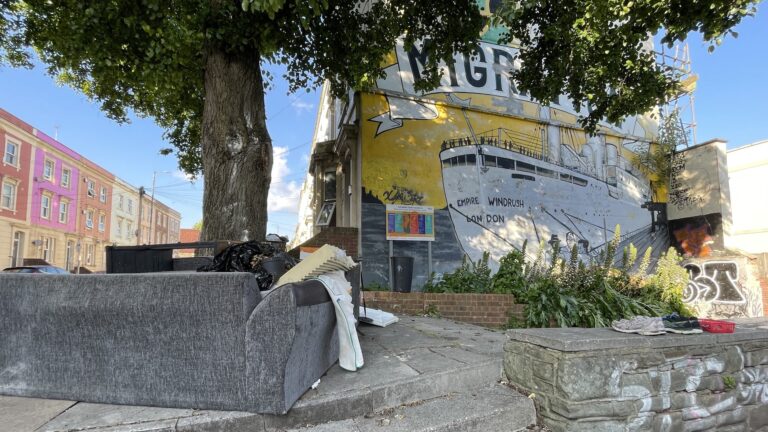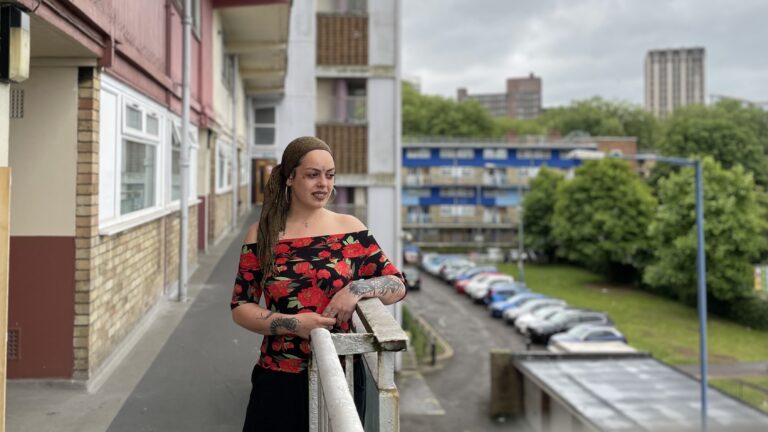In the first of a video series on the climate crisis, the Cable looks at why the city needs to reduce its greenhouse gas emissions to zero, and how it can be done.
The findings are based on analysis by the Centre for Sustainable Energy and Eunomia, two environmental consultancies based in the city, for Bristol City Council.
What’s clear is that the scale of the challenge is enormous, demanding city-wide collaboration and 1.6 times the rate of reduction in recent years, as a report by Bristol One City Climate Strategy found.
Whether we’re on track is up for debate. In this detailed analysis for the Cable of how the city is doing since it pledged to reach net zero in November 2018, science writer Jon Turney weighs up the city council’s climate achievements with its shortcomings.
Meanwhile, some communities in Bristol are taking matters into their own hands, by setting up renewable community energy projects that not only avoid burning fossil fuels, but also generate income for local residents.
Watch more original documentaries from the Bristol Cable here.
Keep the Lights On
Investigative journalism strengthens democracy – it’s a necessity, not a luxury.
The Cable is Bristol’s independent, investigative newsroom. Owned and steered by more than 2,600 members, we produce award-winning journalism that digs deep into what’s happening in Bristol.
We are on a mission to become sustainable – will you help us get there?

Comments
Related content
‘Liveable neighbourhoods’ have caused uproar in east Bristol. How will they fare south of the river?
The council has started consulting on making large areas of south Bristol friendlier to pedestrians and cyclists. What do residents want – and have lessons been learned about how to communicate with them?
St Paul’s residents call for action on ‘upsetting and depressing’ fly‑tipping in their neighbourhood
After years of what they say is disproportionate dumping in their area, and too little action to find lasting solutions, a group of BS2 residents are taking their concerns to the doorstep of City Hall.











Report a comment. Comments are moderated according to our Comment Policy.
Two of the largest sources of worldwide emissions are cement manufacture (for construction) and beef and lamb production. It would be nice to have seen these at least get a passing mention